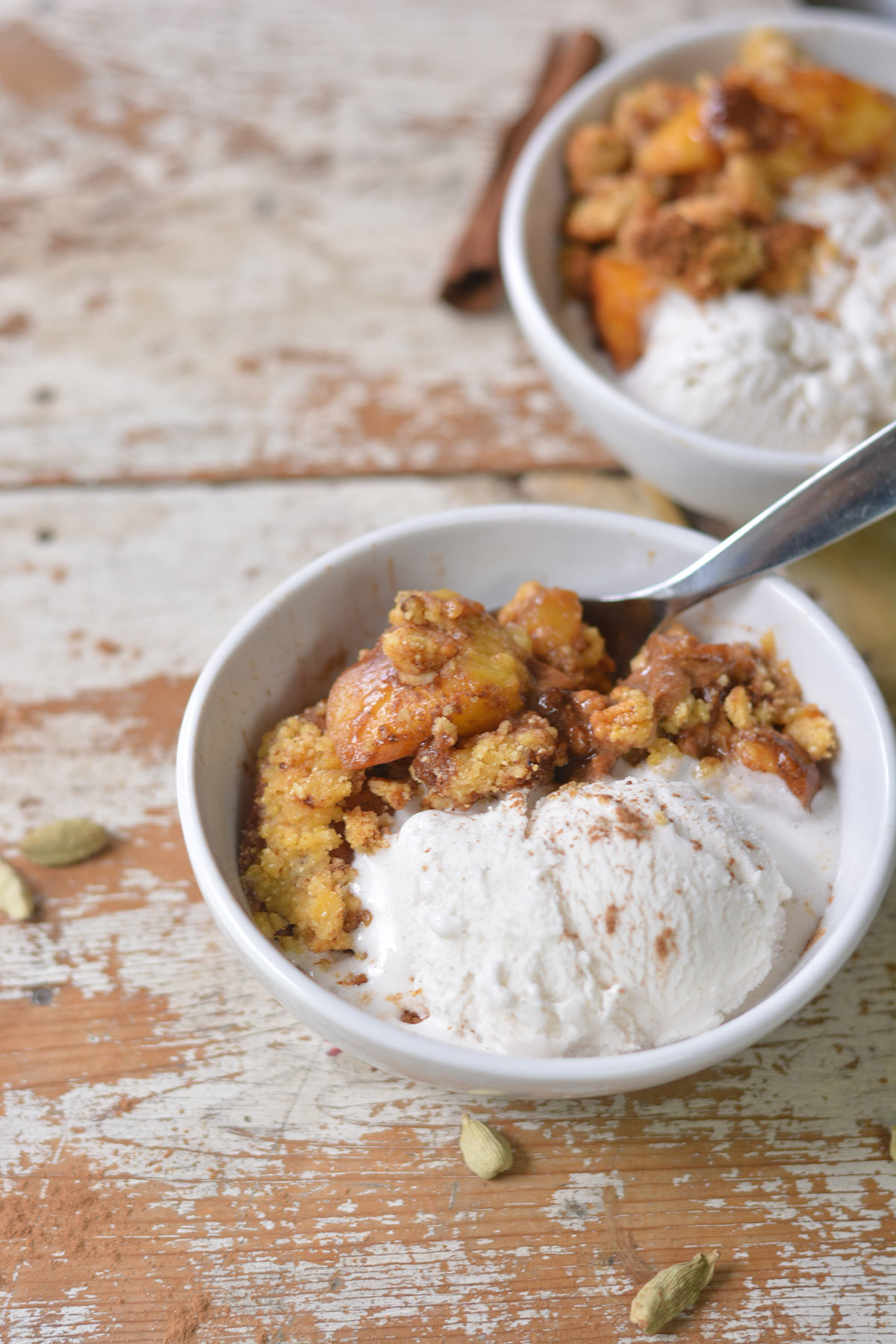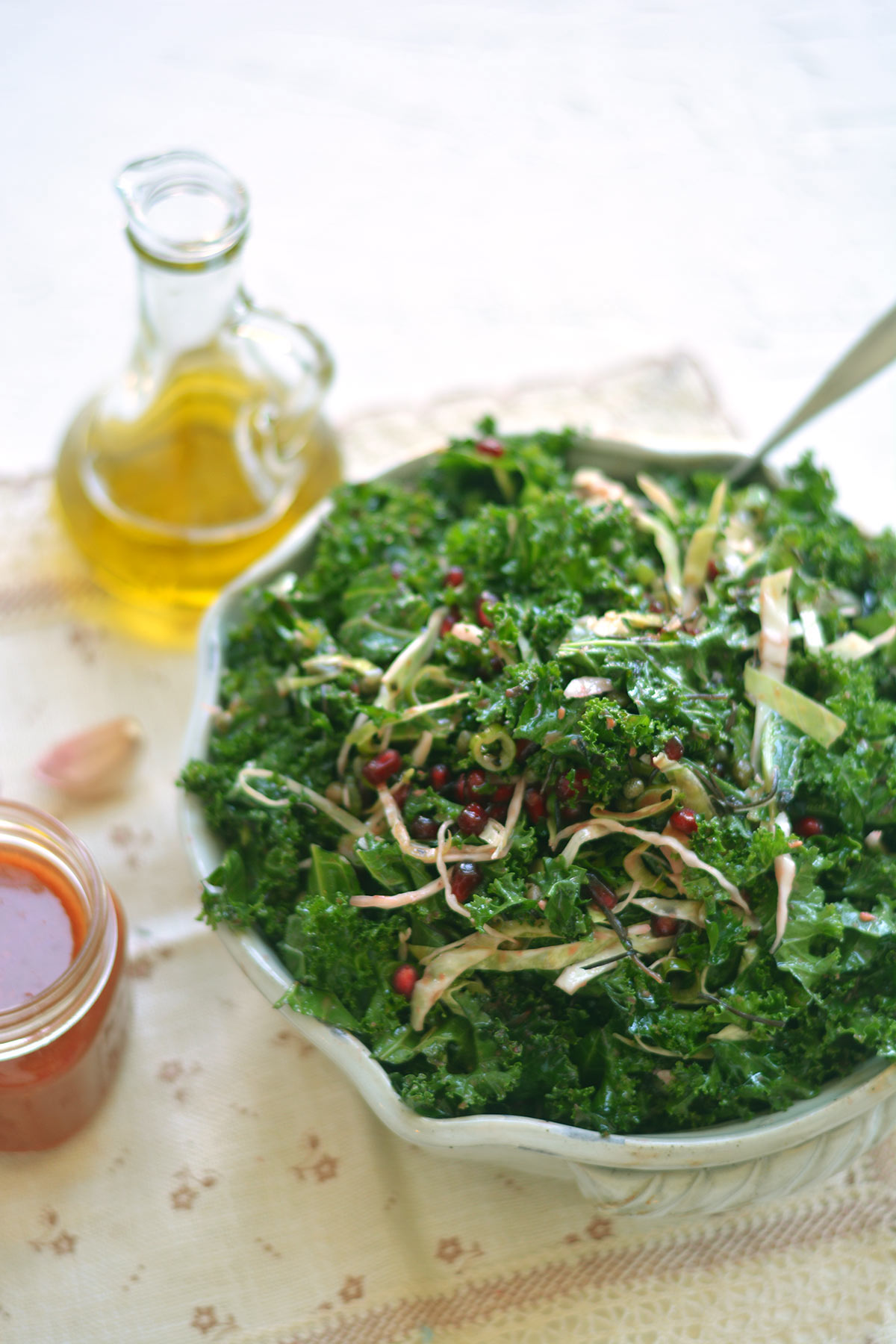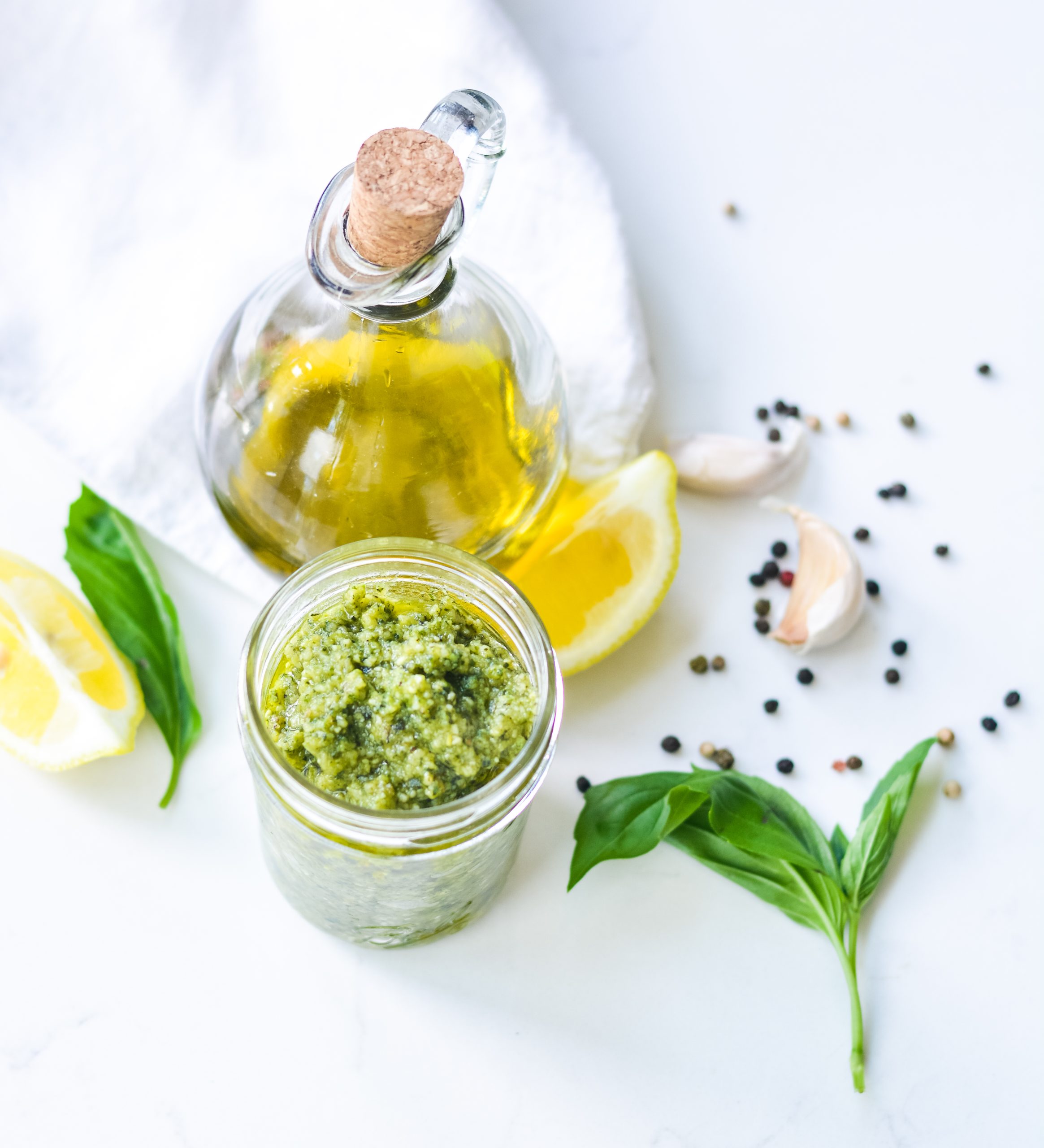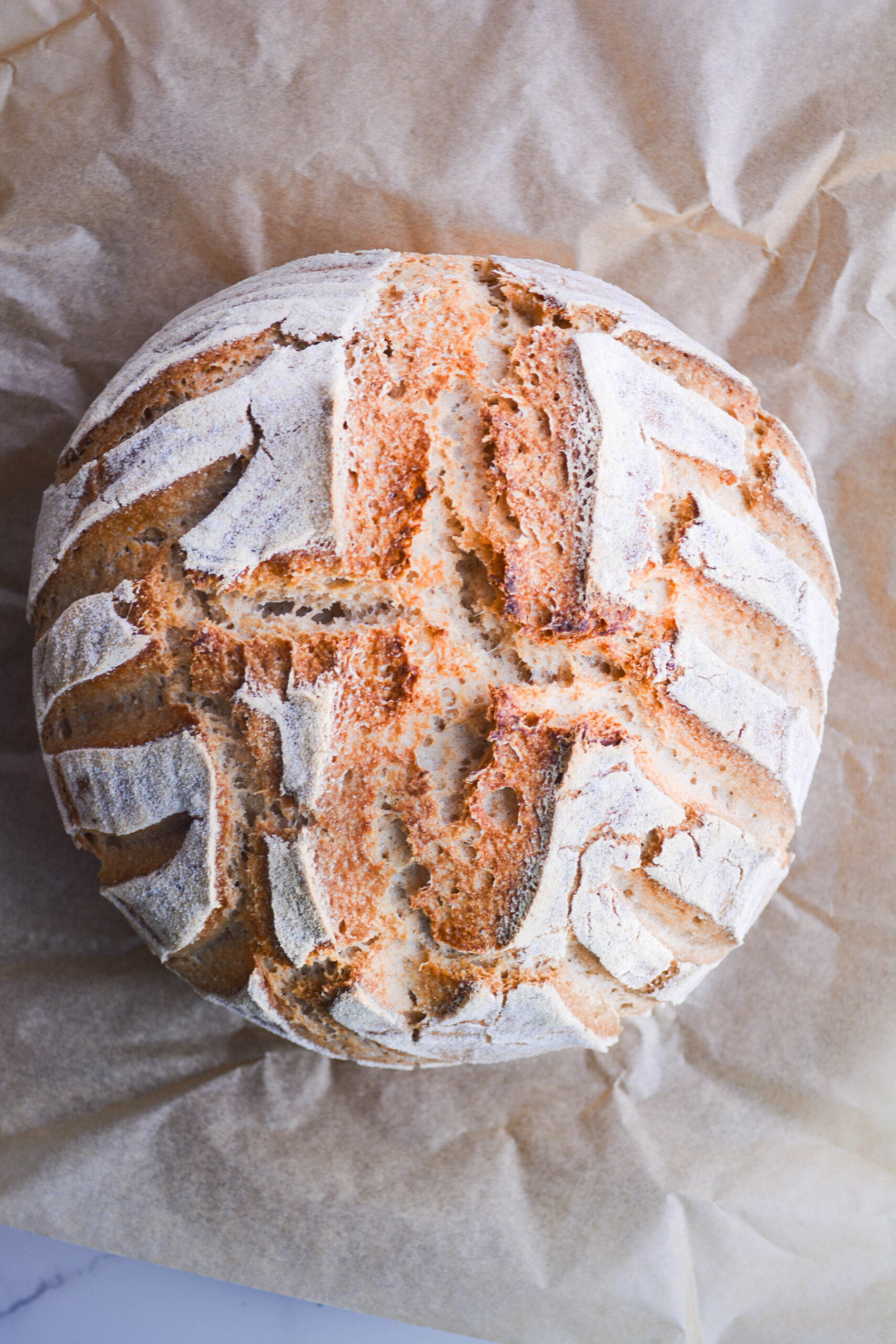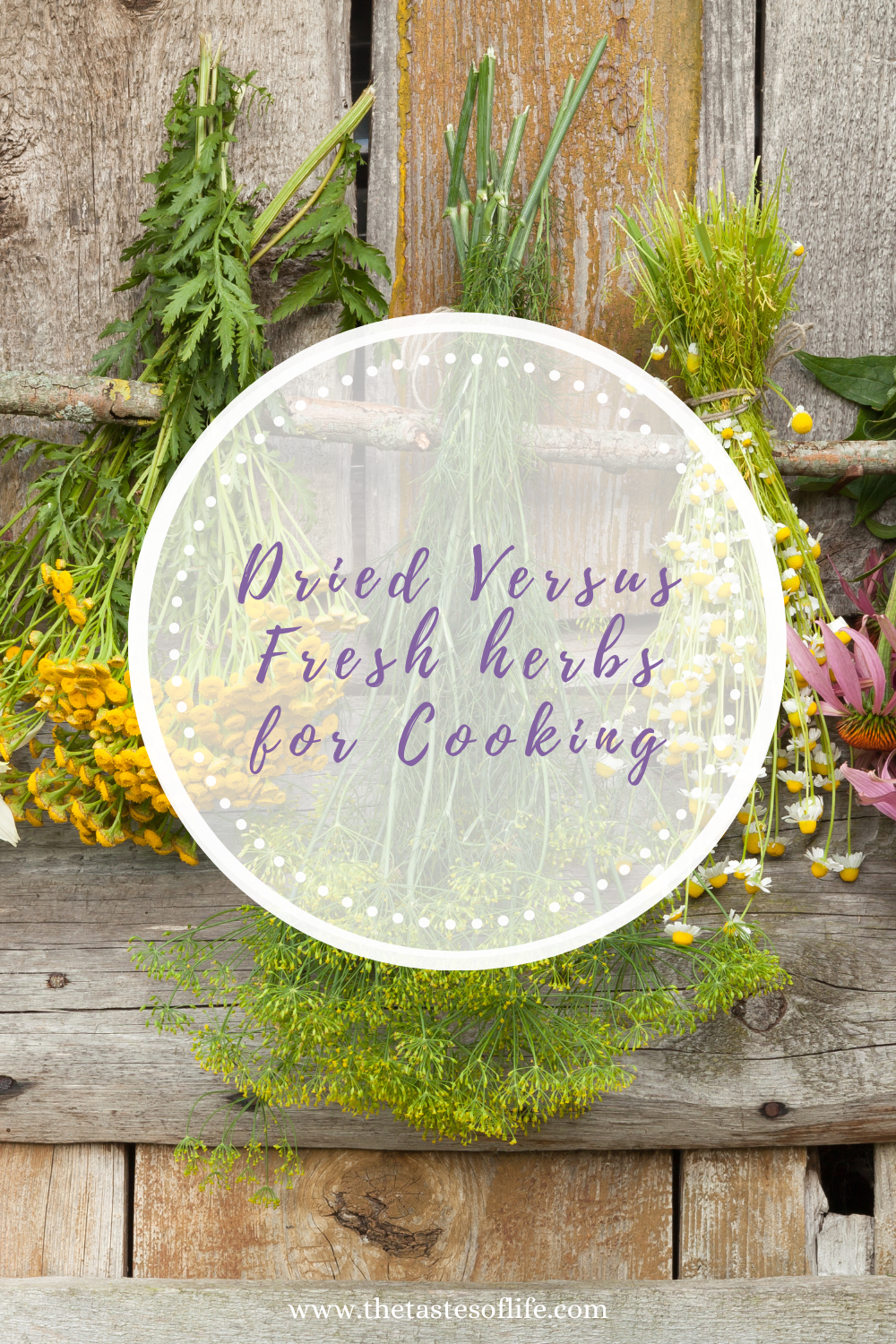Sprinkle, Season, Savor: How to Use Herb Salt in Your Favorite Dishes

How to Make Herb Salt
How to make herb salts at home that is easy and delicious! Plus, a rosemary and tarragon salt recipe that requires just a few ingredients, a few minutes to prepare, and has lots of uses!
As someone who loves to cook, I always look for ways to add flavor to my dishes. While traditional salt can certainly do the trick, it can also be a bit boring and one-dimensional. That’s why I love to use herb salt in my cooking. Not only does it add an extra layer of flavor to my meals, but it also comes with a range of health benefits. And if you are following my blog, you know by now that I love to make things from scratch because I always think that the food is so much healthier this way!
Herb-flavored salts are not only a delicious way to add depth to your cooking, but they’re also a great way to preserve fresh herbs from your garden. While drying or preserving herbs in oil are common options, homemade herb salt is another great way to make the most of your herb garden.
With the right preparation and storage techniques, homemade herb salt can last for months and only gets better with age. So, whether you’re an experienced chef or a kitchen novice, give this simple recipe a try and elevate your meals to the next level.
Also, herb salts make an excellent homemade gift option for foodies, birthdays or Christmas. They work out much more cost-efficient than store-bought options!
What is Herb Salt?
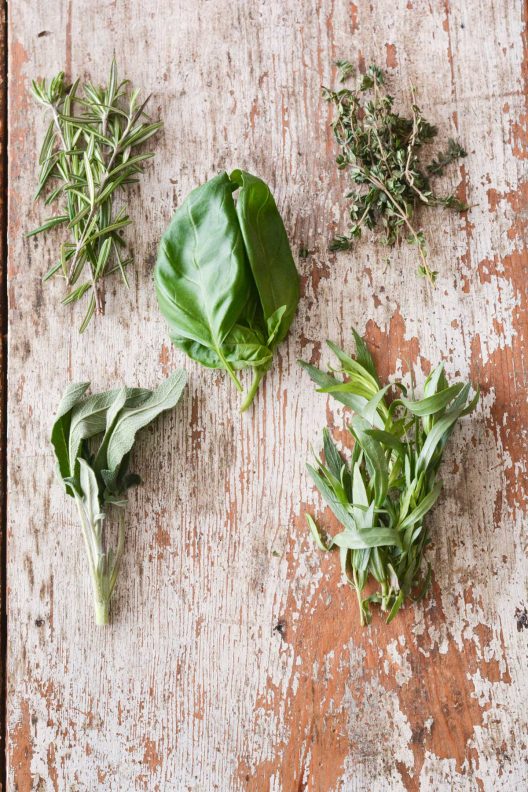
First things first, let’s define what herb salt actually is. Essentially, it is a blend of salt and dried herbs. You can use any combination of herbs, depending on your taste preferences and what you have on hand. Common herbs used in herb salt include thyme, rosemary, tarragon, sage, oregano, and basil. The herbs are usually finely chopped or ground up, mixed with salt, and then stored in an airtight container.
Herb salt can be used in various ways, just like regular salt. You can sprinkle it on top of your favorite dishes, use it as a rub for meats, or even mix it into dips and sauces. The possibilities are endless!
How to Make Herb Salt
Making your own herb salt is incredibly easy, and it allows you to customize the blend to your liking. Here is a basic recipe to get you started:
Ingredients:
- 1 cup of coarse sea salt
- 1/4 cup of dried herbs (use any combination you like)
Instructions:
- In a large mixing bowl, combine the sea salt and dried herbs.
- Grind the mixture using a pestle and mortar until the herbs are finely chopped and blended with the salt. I prefer to use a food processor to achieve the same result.
- Transfer the herb salt to an airtight container and store it in a cool, dry place until you are ready to use it.
That’s it! Making herb salt really is that simple. Of course, you can adjust the ratios of salt and herbs to your liking, depending on how strong you want the flavor to be.
Health Benefits of Herb Salt

Not only does herb salt add delicious flavor to your dishes, but it also comes with a range of health benefits. Here are just a few reasons why you should consider using herb salt in your cooking:
- Reduced sodium intake: By using herb salt instead of regular salt, you can significantly reduce your sodium intake. This is because herb salt is typically used in smaller quantities than common salt, due to its strong flavor. According to the American Heart Association, reducing sodium intake can help lower blood pressure and decrease the risk of heart disease.
- Antioxidants: Many herbs contain antioxidants, which are important for maintaining overall health and reducing the risk of chronic diseases. For example, rosemary is a rich source of antioxidants that have been shown to have anti-inflammatory and anti-cancer properties.
- Digestive health: Certain herbs, such as thyme and oregano, have been shown to have antimicrobial properties that can help promote healthy digestion and fight off harmful bacteria in the gut.
- Boosted immune system: Some herbs, such as garlic and ginger, have immune-boosting properties that can help ward off illness and support overall immune system health.
Incorporating Herb Salt into Your Cooking
Now that you know how to make herb salt and understand its health benefits, it’s time to start incorporating it into your cooking. Here are a few ideas to get you started:
- Seasoning Meats: Rub the herb salt mixture onto meats, such as chicken, fish, or steak, before grilling, roasting, or baking. The salt will help tenderize the meat and the herbs will infuse it with flavor.
- Seasoning Vegetables: Toss vegetables, such as roasted potatoes, carrots, or asparagus, with the herb salt mixture before roasting or sautéing. The salt will bring out the natural sweetness of the vegetables and the herbs will add a layer of flavor.
- Seasoning Salads: Sprinkle the herb salt mixture over salads, such as mixed greens or tomato salad, to add a burst of flavor. It can also be used as a seasoning for salad dressings.
- Seasoning Pasta: Toss cooked pasta with the herb salt mixture and a little bit of olive oil for a quick and easy pasta dish. You can also sprinkle it over pasta sauces for added flavor.
- Seasoning Soups and Stews: Add the herb salt mixture to soups and stews during cooking to infuse the dish with flavor.
- Seasoning Snacks: Sprinkle the herb salt mixture over popcorn or roasted nuts for a healthy and flavorful snack.
- Seasoning oils: Add some herb salt to your favorite oil and cook with it.
- Mix herb salt into softened butter for a flavorful spread.
- Mix herb salt when you make polenta or when you cook your grains.
- Use herb salt as a seasoning for homemade bread or pizza dough.
- Add herb salt to pasta water for an extra boost of flavor.
- Mix herb salt into scrambled eggs or omelets for a tasty breakfast.
The possibilities are truly endless when it comes to using herb salt in your cooking. Don’t be afraid to get creative and experiment with different herbs and flavor combinations!
sh herb salt to season meat, vegetables, salads, soups, and more. The possibilities are endless. Enjoy!
What are the best herbs to use?
The type of herbs you use for herb salt will depend on your personal taste preferences and the dishes you plan to use it in. Here are a few popular herbs to consider:
- Rosemary: Rosemary has a strong, earthy flavor that pairs well with meats, potatoes, and roasted vegetables.
- Thyme: Thyme has a slightly sweet, lemony flavor that complements chicken, fish, and soups.
- Sage: Sage has a slightly bitter, peppery flavor that works well with pork, turkey, and pasta dishes.
- Basil: Basil has a sweet, slightly spicy flavor that is great in Italian dishes, such as pasta sauces and pizza.
- Parsley: Parsley has a mild, slightly bitter flavor that is often used in salads, soups, and stews.
- Cilantro: Cilantro has a bright, citrusy flavor that is popular in Mexican, Indian, and Southeast Asian cuisine.
- Oregano: Oregano has a slightly bitter, pungent flavor that is often used in Mediterranean and Mexican dishes.
What are the best salts to use
You can use one type of herb or a combination of several herbs to make your herb salt. Experiment with different combinations to find your favorite flavor profile. Just make sure to use fresh herbs for the best flavor.
When making herb salt, it’s essential to use a good quality salt that will enhance the flavor of the herbs without overpowering them. Here are a few options to consider:
- Coarse Sea Salt: Coarse sea salt is a popular choice for making herb salt. It has a mild, clean flavor that don’t compete with the herbs, and its coarse texture provides a nice crunch.
- Kosher Salt: Kosher salt is another good option for herb salt. It has a slightly milder flavor than sea salt and dissolves more easily, which can help distribute the herb flavors more evenly.
- Pink Himalayan Salt: Pink Himalayan salt is a mineral-rich salt that is becoming increasingly popular in cooking. It has a slightly sweeter flavor than sea salt and contains trace amounts of minerals like calcium, magnesium, and potassium.
- Fleur de Sel: Fleur de sel is a hand-harvested sea salt that is known for its delicate texture and flavor. It’s a more expensive option, but its subtle flavor and texture make it a popular choice for finishing dishes.
When choosing a salt for herb salt, make sure to use a salt that is free from additives and anti-caking agents. This will ensure that your herb salt is pure and natural.
How to store herb salts
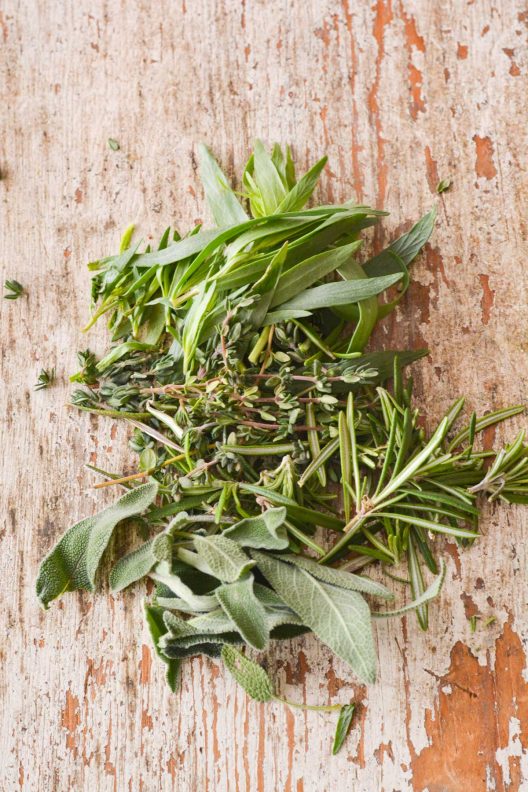
Once the herb salt mixture is completely dry, it’s time to store it properly to ensure its longevity and maintain its flavor. Here are a few storage options to consider:
- Airtight Containers: Store the herb salt mixture in airtight containers, such as glass jars with tight-fitting lids or resealable plastic bags. Make sure to label the container with the date and the type of herb salt mixture.
- Spice Jars: If you want to have your herb salt mixture easily accessible for cooking, you can store it in small spice jars with shaker lids. These can be found at most kitchen stores or online.
- Freezer Bags: If you have a large batch of herb salt mixture, you can store it in freezer bags and freeze it for later use. This is a great option if you want to make a big batch and use it over an extended period of time.
Regardless of the storage method you choose, make sure to store the herb salt mixture in a cool, dry place away from direct sunlight and heat. This will help prevent moisture from getting in and causing the mixture to clump or lose its flavor. Properly stored, herb salt mixture can last for several months to a year.
Here are some useful tips and notes to keep in mind when making herb salt:
- Over time, the color and flavor of the herb salt may fade. To maintain its potency, consider topping it up with additional herbs.
- When making simple herb salts, it’s best to use sturdier herbs that can hold up well to the salt. Delicate leafy herbs like cilantro, parsley, and dill work better as part of a blend.
- If you don’t have a food processor or blender, you can still make herb salt by finely chopping the herbs by hand or using a mortar and pestle.
- If you’re short on time, you can use a microwave to dry out herbs. Spread them over a few layers of paper towel and dry for 1-2 minutes in spurts of 20-30 seconds. However, note that this is not a method I have personally tried and I recommend doing some research to ensure proper safety precautions are taken.
Remember to store your herb salt in a cool, dry place to maintain its freshness and flavor. Happy seasoning!
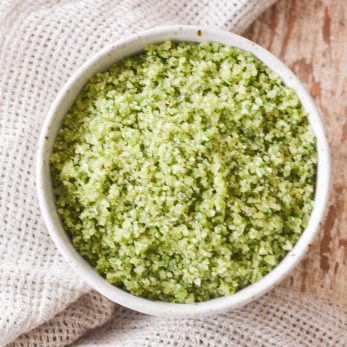
How to make fresh herb salts at home (Tarragon or Rosemary Salt)
Ingredients
- 1 cup of coarse sea salt or kosher salt
- 1/4 cup of fresh tarragon or rosemary
Instructions
- Wash and thoroughly dry your herbs. You can use any herbs you like, such as rosemary, thyme, sage, basil, parsley, cilantro, or a combination of these.
- Remove the leaves from the stems and finely chop the herbs using a sharp knife.
- In the food processor, pulse the ingredients to desired texture of your liking. Spread the herb salt mixture on a baking sheet lined with parchment paper.
- Let the herb salt mixture air dry for 24-48 hours, occasionally stirring, until the herbs are completely dry and the salt is infused with their flavors. You can also speed up the drying process by placing the baking sheet in a warm oven set to the lowest temperature with the door slightly ajar.
- Once the herb salt is completely dry, transfer it to an airtight container and store it in a cool, dry place until you're ready to use it.

